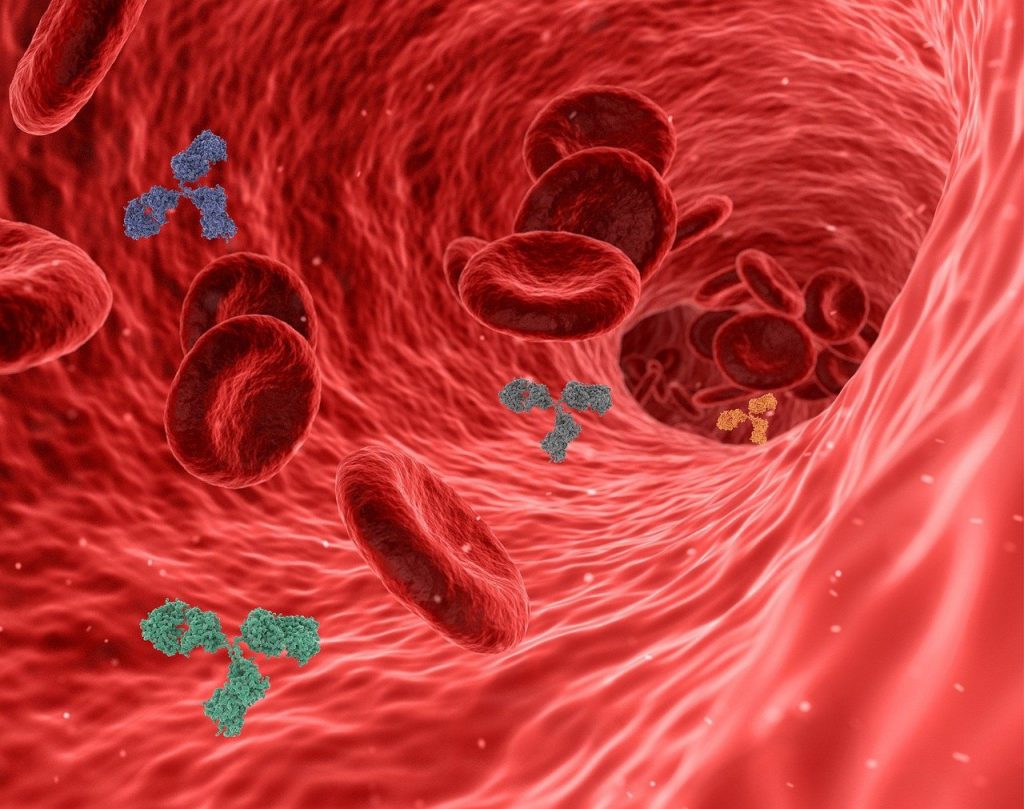When operating at its peak performance, our immune system can pinpoint and remove risks to wellness, recognize and imitate previous immune responses, and repair cellular and tissue damage. If it is running too high or too low, however, it can produce debilitating pain and allow all types of disease to develop like autoimmunity.
While our culture is used to prescription solutions and quick fixes, learning how to how to boost your immune system naturally isn’t on top of most people’s lists. And, it’s important to understand that the immune system is very detailed. It takes more than just increasing the amount of cells to really improve and protect our health. In other words, we can’t just take something (like vitamin C) to boost the immune system. (1)
With that said, we can certainly identify some steps that you can take as you learn how to boost your immune system naturally, which will help your body function more efficiently and prevent disease more readily. I like to call it bolstering the immune system.
An antigen is a toxin or foreign substance that induces an immune response in the body. Most of the time, this immune response is the production of antibodies (blood proteins with regions that bind specifically to a particular antigen to neutralize it). In laymen’s terms, antigens are the bad guys and antibodies are the good guys. The good guys are sent out to seek and destroy when your body is invaded by the bad guys.
The more often the body is successful at destroying an antigen, the tougher and more varied the immune system becomes; this is called acquired (or adapted) immunity. (2) The long term immune response involves white blood cells called lymphocytes that produce antibodies that assists the body in breaking down antigens. The cells then preserve memory of deactivating or destroying the antigens, then remain until they need to reproduce that action in the future.
Because of the way the immune response is switched on, the immune system is entwined with the circulatory, endocrine, digestive, neurological, and integumentary systems, to name a few. One action always influences many processes, and for the immune system specifically, can have far encompassing results. The most important thing is, the whole body works together.
The skin is an example of the immune system preventing many destructive substances from spreading to the rest of the body. Fevers also perform as an early reaction, raising the body temperature over what the pathogen can endure. We are all brought into this world with immune function called innate immunity, the first line of protection against disease. This is the fast-acting response to an invading antigen – germ, bacteria, or virus – blocking it from ever spreading to the body to become an illness. Mucous snares them, stomach acid and enzymes can shut down or kill them, and coughing can remove them.


